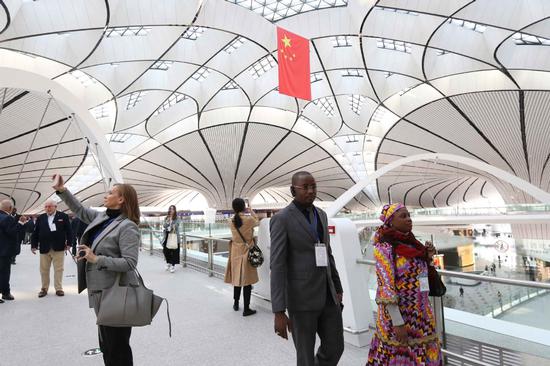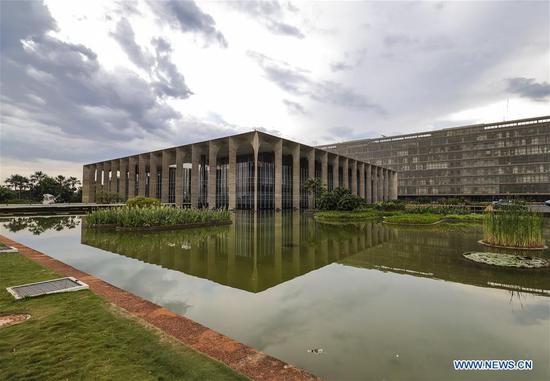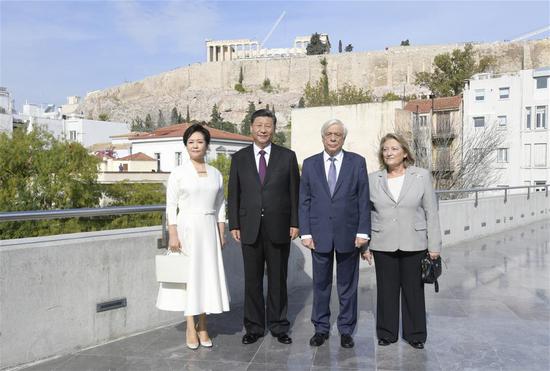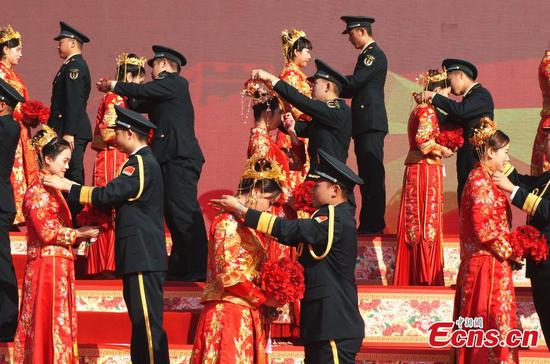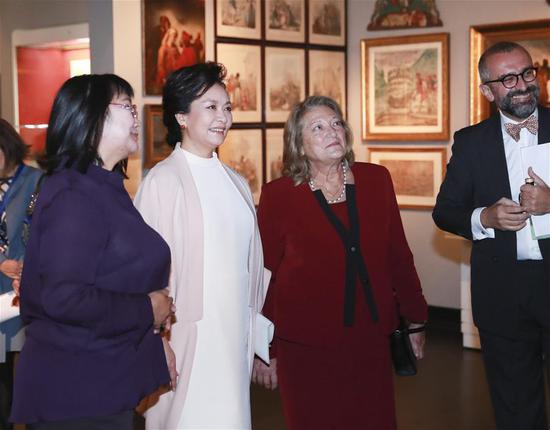Member nations urged to bolster global governance, uphold multilateralism
China is expected to use the 11th BRICS Summit in Brasilia, Brazil, to strengthen the partnership of emerging markets and send out a clear call for multilateralism to improve global governance as President Xi Jinping attends the two-day event starting Wednesday, officials and experts said.
Xi is scheduled to deliver a speech at the closing ceremony of the BRICS Business Forum, an important gathering of business leaders from the BRICS countries — Brazil, Russia, India, China and South Africa.
The Chinese president will also attend closed-door and public sessions of the BRICS Leaders' Meeting as well as the BRICS Leaders' Dialogue with the BRICS Business Council and New Development Bank, a multilateral development bank established by the BRICS states.
In the face of increasing global challenges, BRICS members should jointly uphold multilateralism and work together to advance the democratization of global governance rules so that aspirations of emerging markets and developing countries can be reflected in a more balanced way, Vice-Foreign Minister Ma Zhaoxu said in a signed article published in People's Daily on Monday.
They need to get united to resolutely uphold the status and role of the United Nations and safeguard the international system with the UN at its core, as well as the international order based on international law, Ma added.
With cooperation among its members continuously booming in various fields, BRICS in 2018 accounted for about 23.5 percent of global gross domestic product and 16.3 percent of global trade.
This grouping of the world's five major emerging economies needs to make their voices heard on the world stage to help "improve global governance and create a more equitable world order", said Georgy Toloraya, executive director of the Russian National Committee on BRICS Research.
Mauricio Santoro, a political-science professor at the State University of Rio de Janeiro, said that BRICS is important to international politics "because, among other things, it represents a voice in favor of multilateralism and stable rules, and against economic and trade protectionism. The challenge facing BRICS countries is how they can continue to work together, to respond to the current scenario ... and to change and adapt to changing circumstances."
The summit, themed "BRICS: economic growth for an innovative future", offers an opportunity for the countries to boost their cooperation in scientific and technological innovation, finance and digital economy.
Wang Lei, director of the research center for BRICS cooperation at Beijing Normal University, said BRICS countries should seize the opportunity of the new round of industrial and technological revolution to boost innovation-driven development.
The transformation of the global governance system provides both opportunities and challenges to the BRICS cooperation mechanism, Wang said.
Yang Wanming, Chinese ambassador to Brazil, said BRICS has served as a key mechanism for cooperation by bringing leaders together to forge consensus on important issues, and the 11th BRICS Summit in Brasilia will mark the beginning of a new "golden decade" of cooperation for the countries.






















